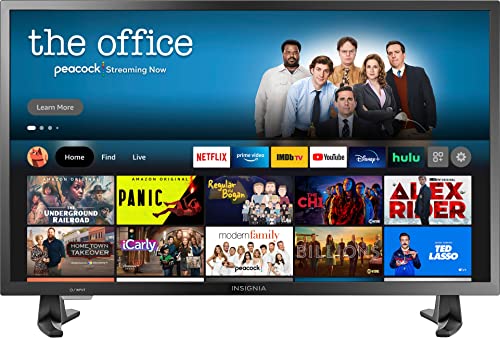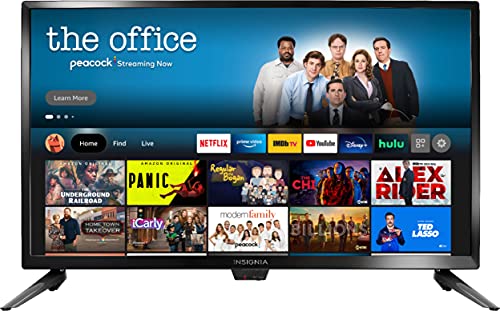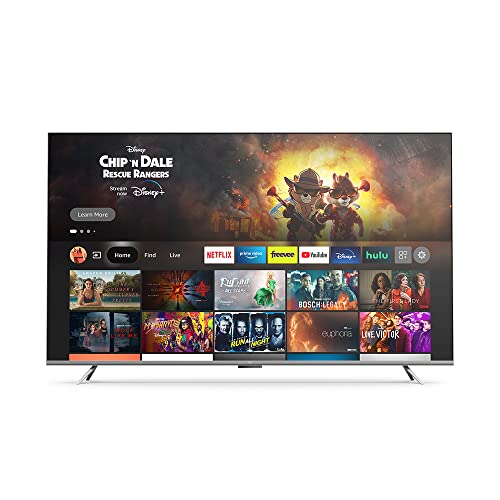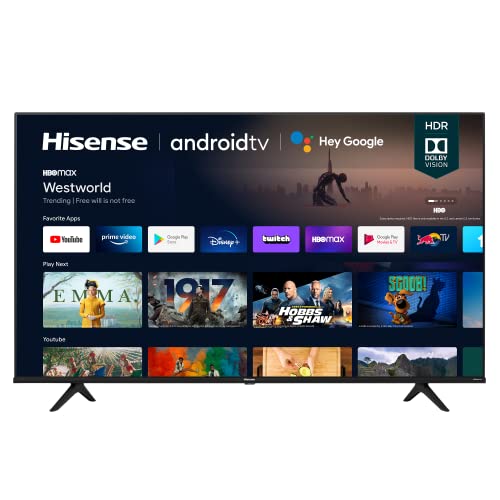Television is a device that is widely used in homes, businesses, and public places, and it works by converting electrical signals into images and sound. Smart TVs, set-top boxes, smartphones, and other network-connected interactive devices are all equipped with the latest technology to make your viewing experience even better.
- 1. What are the most common types of Televisions?
- 2. Why we should buy Television although we have smartphone, tablet...
- 2.1. Larger Screen
- 2.2. Enhanced Viewing Experience
- 2.3. Content Variety
- 2.4. Better Audio Quality
- 2.5. Gaming Experience
- 2.6. Social Viewing
- 2.7. Ergonomics and Comfort
- 2.8. Home Entertainment Hub
- 3. How to choose a Television?
- 3.1. Screen Size
- 3.2. Display Technology
- 3.3. Resolution
- 3.4. HDR (High Dynamic Range)
- 3.5. Smart TV Features
- 3.6. Connectivity and Ports
- 3.7. Audio Quality
- 3.8. Brand and Reviews
- 3.9. Price and Budget
- 3.10. Showroom Viewing
- 4. In Summary
What are the most common types of Televisions?
The most common types of televisions available in the market include:
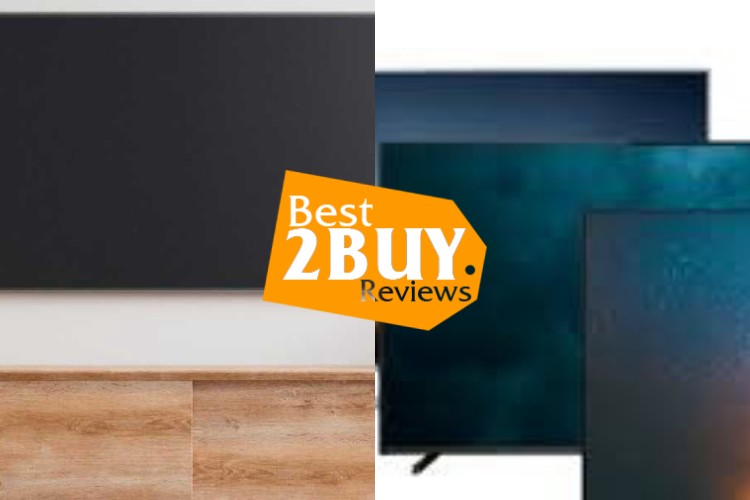
LCD (Liquid Crystal Display)
LCD TVs use a backlighting system and liquid crystal technology to display images. They are widely available, affordable, and offer good picture quality. However, they may have limited viewing angles and slightly lower contrast compared to other technologies.
LED (Light Emitting Diode)
LED TVs are essentially LCD TVs with LED backlighting instead of traditional fluorescent backlights. LED backlighting provides better contrast, improved energy efficiency, and thinner form factors. LED TVs are currently the most popular and widely available type of television.
OLED (Organic Light Emitting Diode)
OLED TVs use organic compounds that emit light when an electric current is applied. They offer exceptional picture quality with deep blacks, wide viewing angles, and vibrant colors. OLED TVs have thinner profiles and can produce perfect black levels since each pixel can turn off individually. However, they tend to be more expensive than LCD or LED TVs.
QLED (Quantum Dot LED)
QLED TVs are a variation of LED TVs that use quantum dot technology to enhance color and brightness. Quantum dots are microscopic semiconductor particles that produce more accurate and vibrant colors. QLED TVs offer improved color accuracy, high brightness levels, and good viewing angles. They are often seen as a more affordable alternative to OLED TVs.
Plasma
Plasma TVs were popular in the past but have become less common in recent years. They use tiny cells filled with plasma gas to create images. Plasma TVs are known for their excellent black levels, wide viewing angles, and smooth motion handling. However, they tend to be bulkier, consume more power, and may suffer from screen burn-in issues.
It's important to note that technology advancements and market trends can change over time. The availability and popularity of different TV types may vary. Before making a purchase, it's always a good idea to research the latest options and consult reviews to determine the best television for your needs.
Why we should buy Television although we have smartphone, tablet...
While smartphones and tablets offer convenience and portability, there are still several reasons why buying a television can be beneficial:
Larger Screen
Televisions generally have larger screens compared to smartphones and tablets. This makes them more suitable for group viewing or for a more immersive experience, especially when watching movies, sports events, or playing video games.
Enhanced Viewing Experience
TVs are specifically designed to provide a better viewing experience with features like higher resolution, improved color accuracy, wider viewing angles, and better contrast. These factors contribute to a more enjoyable and immersive visual experience compared to smaller screens.
Content Variety
Televisions offer access to a wide range of content, including live TV, streaming services, movies, and TV shows. While smartphones and tablets can also provide access to some of these services, televisions often have dedicated apps and features optimized for large-screen viewing.
Better Audio Quality
TVs generally have larger and more powerful built-in speakers compared to smartphones and tablets. This results in better audio quality, making it more enjoyable to watch movies, TV shows, or play games without the need for additional audio devices.
Gaming Experience
Televisions are ideal for gaming, especially if you enjoy console gaming or using gaming platforms like PlayStation or Xbox. The larger screen size, high-resolution display, and immersive sound enhance the gaming experience
Social Viewing
Televisions provide a better platform for social viewing, allowing you to watch movies or TV shows with family and friends in a more comfortable and engaging setting. It creates a shared experience that can be enjoyable and memorable.
Ergonomics and Comfort
Watching content on a larger screen at an optimal distance can be more comfortable for your eyes and posture compared to prolonged viewing on smaller devices. TVs are designed for extended viewing sessions and can be placed at an appropriate height and distance for optimal comfort.
Home Entertainment Hub
Televisions can serve as a central entertainment hub in your home, allowing you to connect various devices like Blu-ray players, gaming consoles, sound systems, and streaming devices. This consolidates your entertainment setup and offers a seamless and convenient experience.
While smartphones and tablets have their own advantages, a television provides a dedicated and optimized viewing experience, especially for shared and immersive content consumption. It can enhance your entertainment options and offer a more engaging and enjoyable experience overall.
How to choose a Television?
Choosing a television can be a daunting task with the wide range of options available. Here are some factors to consider when selecting a television:
Screen Size
Determine the appropriate screen size based on the viewing distance and the room size. Generally, a larger screen provides a more immersive experience, but it should also fit comfortably within the space.
Display Technology
There are several display technologies to choose from, including LCD, LED, OLED, and QLED. Each has its own advantages and disadvantages. OLED and QLED offer better picture quality with deeper blacks and more vibrant colors, but they tend to be more expensive.
Resolution
The resolution refers to the number of pixels on the screen. The most common options are Full HD (1080p), Ultra HD or 4K (2160p), and 8K (4320p). Higher resolution provides sharper and more detailed images, but the content availability and affordability should also be considered.
HDR (High Dynamic Range)
HDR technology enhances the contrast and color accuracy of the TV, resulting in a more realistic and vibrant picture. Look for TVs that support HDR formats like HDR10, Dolby Vision, or HLG for better visual performance.
Smart TV Features
Consider whether you want a smart TV with internet connectivity and built-in streaming apps. Smart TVs allow you to access online content, stream movies and shows, and even control your TV with voice commands. Check for compatibility with popular streaming services.
Connectivity and Ports
Ensure that the TV has an adequate number of HDMI ports, USB ports, and other necessary connections for your devices, such as gaming consoles, Blu-ray players, or sound systems
Audio Quality
While the visual aspect is important, don't overlook the audio quality. Some TVs have built-in speakers that may not provide the best audio experience. Consider investing in a separate sound system or soundbar for better sound reproduction.
Brand and Reviews
Research different brands and read customer reviews to get an idea of the reliability, customer support, and overall performance of the TV models you're considering.
Price and Budget
Set a budget for your television purchase and compare prices across different retailers. Consider the features and specifications that matter most to you and find a balance between quality and affordability.
Showroom Viewing
If possible, visit a showroom to see the TVs in person. This will give you a better idea of the picture quality, color accuracy, and overall viewing experience.
By considering these factors and conducting thorough research, you can make an informed decision and choose a television that meets your needs and preferences.
In Summary
There are a variety of top-of-the-line brands to choose from, such as SAMSUNG, SONY, and LG. When selecting the perfect television for your home, there are several elements to consider. Not only do you want to look at the features, but also the durability, reviews, and quality. To make it easier for you, we have compiled a list of budget televisions in our featured section. These televisions come with integrated Internet and interactive Web 2.0 features, making it possible to stream music, videos, and browse the internet. Additionally, you can check out more product in Amazon. Amazon offer various types of television. You can easily find your needs. Don’t forget to reading our recommendation in website. Good luck!


